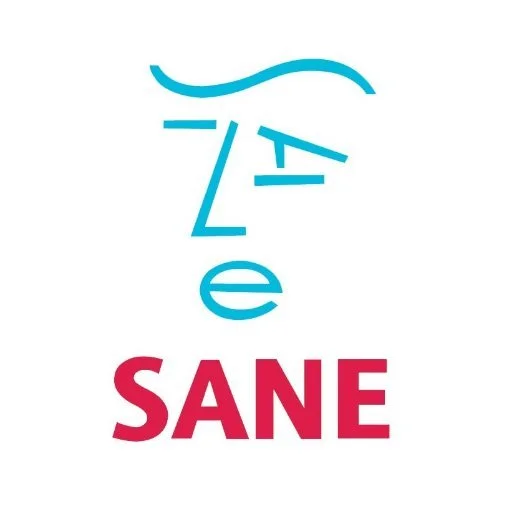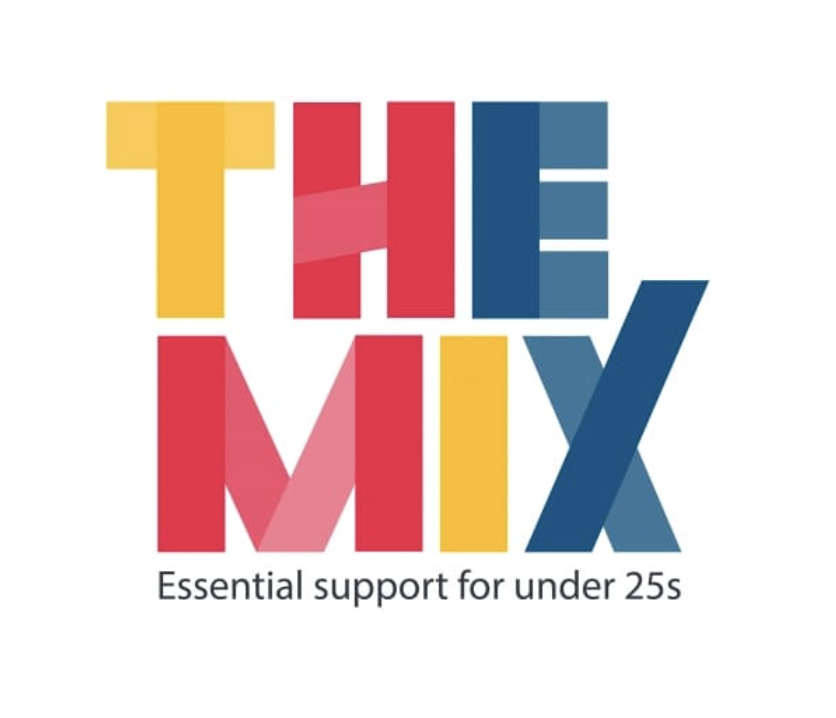General Mental Health Resources
This page offers a well-organised list of general mental health resources, sorted by theme for easy navigation. It is not exhaustive, so please research further before contacting any organisation. Seek professional advice tailored to your needs, and review each site carefully, as we cannot guarantee quality or availability..
We appreciate that reaching out for support can be daunting. If you have any questions about our resource page, please email us at info@applauseforthought.co.uk.
General Support
These links offer access to mental health support, resources, and information aimed at promoting well-being. Users can find guidance, educational material, and professional help to address mental health challenges and enhance their mental health.
Finding a therapist
Finding a therapist can be overwhelming. You can use these links to navigate your journey to finding the right practitioner and establishing support. Prioritising your mental well-being and taking time to find the right therapist is essential.
Anxiety and Panic Attacks
Anxiety is a psychological condition marked by worry, fear, or unease about future events. It varies from mild discomfort to significant distress, affecting daily activities. Panic attacks involve sudden, intense fear or discomfort peaking within minutes, with physical symptoms like a racing heart and shortness of breath. Both can be debilitating, but understanding them helps in managing and seeking treatment.
No More Panic
Depression
Depression is a serious mental health condition marked by ongoing sadness, hopelessness, and a loss of interest in previously enjoyable activities. It can affect anyone, leading to challenges in daily life, strained relationships, and decreased productivity. Symptoms include changes in appetite, sleep issues, fatigue, concentration difficulties, and feelings of worthlessness. Depression is treatable, and seeking help can enhance well-being and life quality.
Obsessive Compulsive Disorder
Obsessive-Compulsive Disorder (OCD) is a mental health condition marked by intrusive thoughts (obsessions) that cause repetitive behaviours or mental acts (compulsions). These compulsions aim to alleviate the distress from obsessions but can disrupt daily life and relationships. Individuals with OCD often face significant anxiety, leading to time-consuming rituals. Effective treatment, including therapy and medication, can help manage symptoms and enhance quality of life.
Psychosis
Psychosis is a mental health condition marked by a disconnection from reality. Individuals may experience hallucinations, such as seeing or hearing non-existent things, and delusions, which are strongly held false beliefs. These symptoms can disrupt thoughts, emotions, and behaviours, hindering daily functioning. Psychosis can arise in disorders like schizophrenia, severe depression, and bipolar disorder, and may also be triggered by substance use or extreme stress.
Stress
Stress can significantly impact mental health, contributing to a variety of emotional and psychological issues. When individuals experience prolonged or high levels of stress, it can lead to symptoms such as anxiety, depression, and irritability. Chronic stress may disrupt sleep patterns and impair cognitive functions, making it difficult to concentrate or make decisions. Over time, these effects can compound, resulting in a decreased quality of life and an increased risk of mental health disorders.
LGBTQIA+
Finding support in the LGBTQIA+ community fosters belonging and understanding. Local support groups, online and in-person, provide connections and resources like counselling, social events, and workshops to help navigate identities and relationships. Embracing diverse spaces, such as Pride events and LGBTQIA+ organisations, offers empowerment and solidarity. These networks often provide the encouragement needed to thrive.
Body Image and Eating Problems
Body image and eating issues are serious mental health challenges affecting all ages. Distorted body perceptions can lead to unhealthy eating behaviours or disorders, stemming from biological, psychological, and social influences. Concerns about body image often cause anxiety, depression, and low self-esteem, creating a cycle of distress.
Phobias
Phobias are intense, irrational fears of specific objects or situations that can disrupt daily life and well-being. They often result in avoidance behaviours, leading to isolation and anxiety. Common phobias include fear of heights (acrophobia), spiders (arachnophobia), and flying (aviophobia). While overwhelming, phobias are treatable through therapeutic approaches.
PTSD and Trauma
Post-Traumatic Stress Disorder (PTSD) is a mental health condition triggered by experiencing or witnessing a traumatic event, leading to symptoms such as flashbacks, severe anxiety, and intrusive thoughts. Trauma refers to the emotional and psychological response to distressing events, which can affect an individual's mental well-being and ability to cope in everyday situations.
Suicide
Suicide is a critical issue that intertwines deeply with mental health, often arising from conditions such as depression, anxiety, and trauma. Individuals struggling with these challenges may feel isolated, overwhelmed, or trapped, leading to a sense of hopelessness. It is crucial to foster an environment where open discussions about mental health are encouraged, allowing individuals to seek help without stigma.
Global Majority
Mental health support for diverse communities is essential, addressing unique challenges and barriers to care. Organisations offer tailored services that consider cultural, linguistic, and socio-economic factors, making mental health resources more relevant. By prioritising inclusivity, they aim to reduce stigma and enhance understanding of mental health issues, improving well-being for those often overlooked by mainstream services.
Loneliness
Loneliness profoundly impacts mental health, often causing sadness, anxiety, and despair. Isolation can decline emotional well-being and increase the risk of depression. Lack of connection leads to negative thoughts, lower self-esteem, and higher stress. Prolonged loneliness can worsen existing mental health issues or create new ones. Recognising the importance of social support and fostering connections is vital for a healthy mind.
Personality Disorders
Personality disorders are a class of mental health conditions characterised by enduring patterns of behaviour, cognition, and inner experience that deviate markedly from cultural expectations. These patterns manifest in distress or impairment in social, occupational, or other areas of functioning. Common types include borderline, antisocial, narcissistic, and avoidant personality disorders. Early recognition and treatment are essential for managing symptoms and improving quality of life.
Self-Esteem
Self-esteem is crucial for mental health, affecting self-perception and worth. Healthy self-esteem fosters resilience and stress coping, while low self-esteem can lead to anxiety and depression due to negative thoughts and feelings of inadequacy. A balanced view of self-worth is vital for emotional stability and a positive self-image.
Other
Below are some other resources and helplines that may be helpful for those seeking support or information. These services are available to provide assistance in various situations, including mental health crises, emotional distress, or general inquiries. It is important to know that help is accessible and that there are professionals ready to listen and offer guidance when needed. Please consider reaching out to these resources for support.
Mental Health Helplines
-

Samaritans
Number: 116 123 (24/7 free helpline) Website: samaritans.org - Confidential support for anyone feeling distressed or struggling to cope.
-

Mind Info Line
Number: 0300 123 3393 (Monday to Friday, 9am to 6pm) Text: 86463 Website: mind.org.uk- Provides information and advice on mental health support and services.
-

SHOUT
Text "SHOUT" to 85258 (24/7) Website: giveusashout.org -Free, confidential text support for anyone struggling to cope.
-

Rethink Mental Illness
Number: 0808 801 0525 (Monday to Friday, 9:30am to 4pm) Website: rethink.org Practical advice and information for people living with mental illness.
-

SaneLine
Out-of-hours mental health helpline offering specialist emotional support, guidance and information to anyone affected by mental illness, including family, friends and carers. 4pm- 10pm on 0300 304 7000.
-

Campaign Against Living Miserably
Number: 0800 58 58 58 (5pm to midnight, 7 days a week) Webchat: Available on their website during the same hours Website: thecalmzone.net. Support specifically for those experiencing suicidal thoughts or in crisis.
-

The Mix
0808 808 4994 (free, available daily from 3pm to midnight) Webchat: Available on their website Website: themix.org.uk - Support and counselling for people under 25 on various issues, including mental health.
-

No Panic
0300 772 9844 (Everyday, 10am to 10pm) Website: nopanic.org.uk Support for people struggling with anxiety disorders.
-

Anxiety UK
03444 775 774 (Monday to Friday, 9:30am to 5:30pm) Text: 07537 416 905 Website: anxietyuk.org.uk Support for people experiencing anxiety, stress, and anxiety-based depression.
-

Switchboard
0300 330 0630 (10am to 10pm, every day) Website: switchboard.lgbt - Support and information for LGBT+ individuals experiencing mental health issues.
Are you in crisis?
If you are experiencing a mental health crisis, it is important to seek immediate support. Please be aware that AFT is not a crisis support organisation.
If you find yourself in urgent need, contact emergency services by calling 999, reach out to Samaritans at 116 123, or text SHOUT to 85258.
Alternatively, you can visit your nearest Accident & Emergency department.
Your wellbeing is a priority, and there are professionals available to help you.
